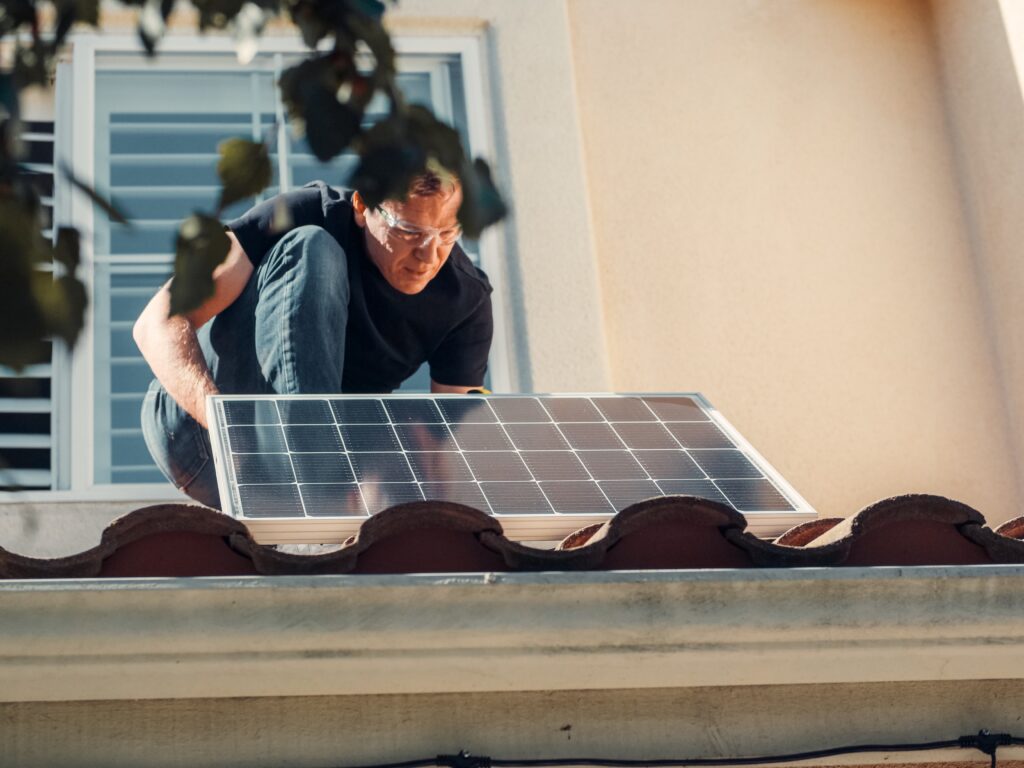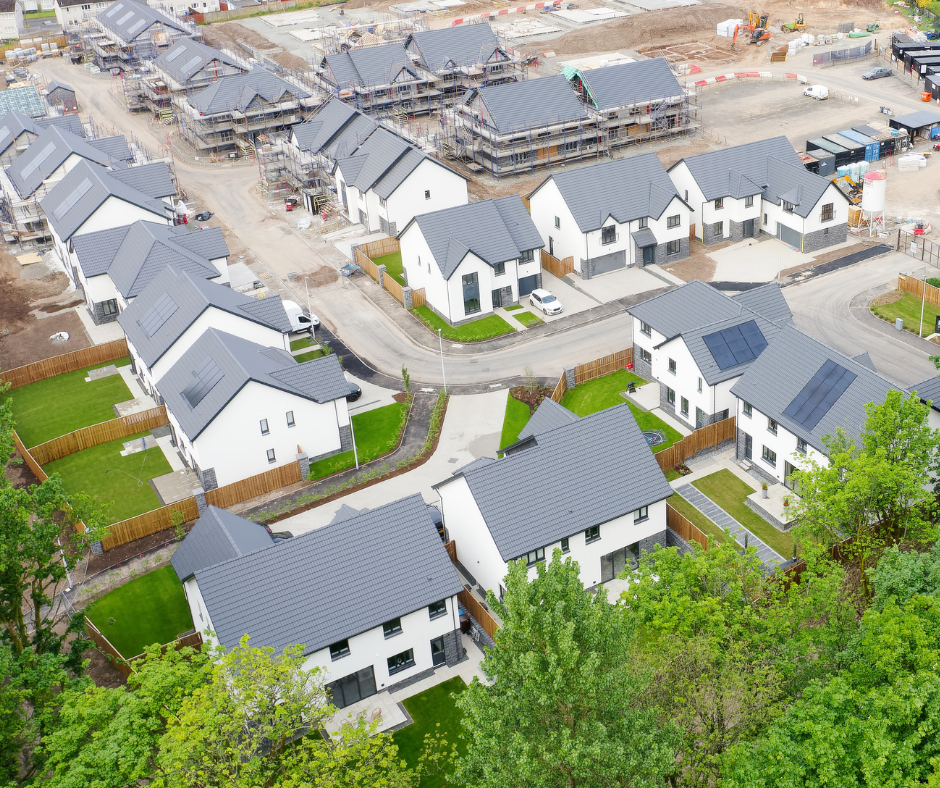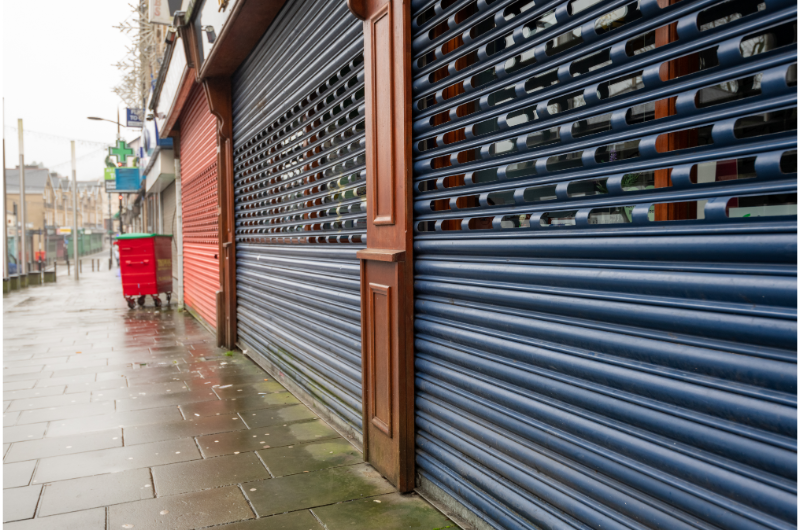Making our homes more efficient and lowering our impact on the environment is something many of us are highly conscious of. This often leads many homeowners to question whether it is time to invest in renewables to heat the home. However, figuring out whether it is worth the investment can be difficult. In this article, we’ve shared our thoughts on what should be considered and what you can do to make your home more efficient.
Why do people consider using renewable energy at home?
Almost every time we work with a client considering opting for renewables in their home, it’s because they think this is the solution to improve the overall energy efficiency and thermal performance in the property.
We suspect, with the rocketing costs of fossil fuels lately and the cost-of-living crisis that we currently face in the UK, that even more people will be looking for ways to lower household bills – and therefore, people are more likely to begin weighing up the cost vs savings benefits of investing in renewable energy options.
Another huge reason and one we are seeing more often is that people are becoming much more conscious of their impact on the environment. It is well known now that to lower the amount of carbon dioxide (CO2) emissions in the atmosphere, we must all begin acting to reduce the amount of fossil fuel we use significantly.
In the UK, huge amounts of CO2 emissions are produced from domestic energy use – this is why the Government has set to ban gas and oil boilers in new build homes from 2025. They also hope to reach the goal that all new boiler installations in the UK will use low-carbon technology by 2035. Undoubtedly, investing in renewable heating technologies will drastically lower your home’s carbon footprint – and this can be enough reason to sway some people to make the investment.
What else you can do to make your home more sustainable?
Although our first thoughts often turn to invest in renewable energy technologies, we always recommend when building a new home – or even in your existing home, that you look towards improving your property’s insulation first, to help improve how efficient your home is. This is one thing often highlighted as a recommendation on an Energy Performance Certificate (EPC) that people receive when purchasing a home.
This is because properly insulated homes do not require as much energy-generated heat in the first place and, will prevent heat from escaping out of your home. In some properties that are incredibly well insulated, they barely need to use energy-generated heating sources at all. Adding extra insulation to your loft space is usually a quick, easy and effective first step. Upgrading windows and walls, whilst worthwhile, will be more expensive and disruptive.
What to consider when investing in renewables
It’s important if you are considering investing in renewables at home, that you select the right type of technology to suit your needs and budget. There are many more pros and cons to each system which should be carefully researched before making any final decisions, whether you are looking to replace a heating system already in place or deciding which system/s to use in your build.
There are several renewable technologies to choose from for improving energy and thermal performance in homes. Although, each has pros and cons. Some of the options are:
- Heat pumps – there are two types of heat pumps, ground source or air source heat pumps. Heat pumps are primarily used as they are very good at creating hot water to be used in the central heating system for hot water and space heating. The location of an air source heat pump should be carefully considered and the capacity of your electrical supply should be checked. Ground source heat pumps require an extensive area of land for the collector coils which will preclude their use for most properties.
- Solar water heating – these are used primarily for providing hot water, but they don’t provide 100% of the hot water you will require in your home and are not generally used for heating properties, although they may provide some heat. You need enough space on your roof in a sunny spot for solar panels to be a beneficial option. Appearance and planning issues should also be considered,
- Biomass systems – there are a few options for biomass systems – for example, you can choose if you need it to generate hot water, heat rooms or both. There are also different options for fuel for these systems. For example, you can select to burn wood pellets, chips or logs. These systems are generally larger than gas and oil boilers and you’ll need additional space to store the wood fuel. It’s also worth noting, these systems do produce some CO2, although, much less than fossil fuel systems, assuming you source your wood fuel locally, of course. These systems are only considered sustainable if new trees are planted to replace those used to fuel the system.
How we’ve helped clients improve their thermal energy performance
We’ve helped many of our residential clients to ensure thermal performance in their properties is optimised – working with them to find the best solutions that work for them.
In some of our new build clients, for example, that may mean selecting building fabrics which minimise heat loss and taking advantage of passive solar gains.
Working with clients to alter original properties and extend, we’ve helped improve thermal performance; for example, recently, we worked with a client to upgrade their external wall insulation and use renewable technologies such as ground source heat pumps to minimise the demand for fossil fuels. You can learn more about some projects we’ve worked on here.
It is a top priority of ours at WHP Architecture to ensure our client’s needs are taken into consideration, and that their homes are as energy efficient as possible – so this is something we will always consider in a project and are more than happy to advise during the design process.
If you’re looking for advice or assistance with ensuring a property alteration, extension or new build’s energy performance is optimised, contact our specialist team of residential architects who will be happy to help.
E: angus.ellis@waltonhorsfall.co.uk




